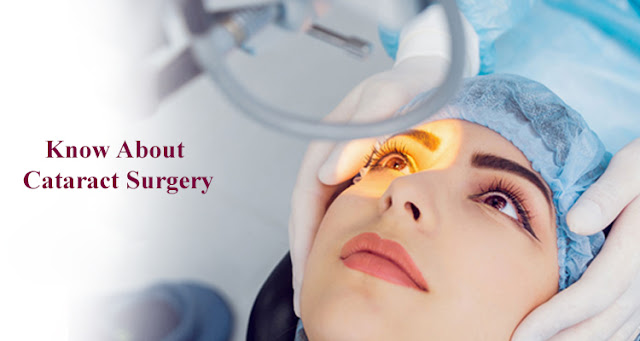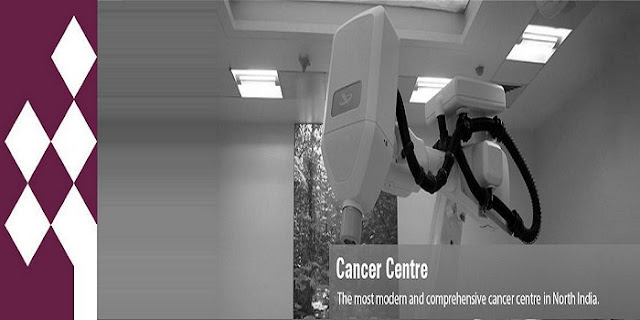All You Need To Know About Cataract Surgery
A cataract is
a vision disorder that causes clouding of the lens inside the eyes resulting in
blurred vision. This is a very common disorder in people who are aged and
cannot be corrected with glasses, contact lenses or corneal refractive surgery
like Lasik.
In such cases,
the doctor may recommend surgery in which original lenses are removed and replaced
with the artificial ones.
Many a time vision but
A lot of
people prefer to undergo cataract surgery in Delhi due to the
availability of top hospitals which
Cataract surgery basics
The procedure
basically involves the removal of cloudy lenses which are then replaced with
the artificial ones. However, due to the sea change in the technology, nowadays
cataract surgery is performed with the use of high-frequency ultrasound device
that breaks up the original lenses into pieces and then gently remove them with
suction. Being less invasive in nature, the doctor makes small incisions that
automatically causes Today almost
Post-surgery effects
Post-surgery
you
Generally, your
eyes are prone to infection post-surgery, so you need to wear a shield for at
least a week. In % but
However, there
are possibilities that your vision may be cloudy again. It happens because the
part of your eye that holds your new artificial lens in place begins to thicken
up. This can be treated by a procedure called YAG. Here the surgeon makes use
of the laser technology to open up the thickening around the lens capsule and
let more light get through your artificial lens which will clear up your cloudy
vision.
Recovery tips and precautionary measures
Every surgery
involves some potential risks which can be reduced by following the
precautionary measures and recovery tips advised by the doctor. Same is with
cataract surgery, which requires a little care post-surgery.
Precautionary
measures
1. Avoid driving for at least a week
1. Avoid driving for at least a week
Driving
should be avoided because of two reasons:
- Blurred vision
- Pressure on your eye muscles
Lifting heavy weight
may put pressure on your eye muscles which are weak post-surgery.
3. Say no to
swimming
You need to
avoid swimming post-surgery in order to prevent exposure from chlorine
4. Wear glasses
Your eyes are
delicate and prone to infection post-surgery, so it is important to protect
them from dust and dirt. Doctors often recommend to have minimal exposure to
the outer environment for at least a week.
5. Don’t miss
your antibiotics
In order to
prevent infection, doctors usually recommend antibiotic eye drops for a week or
two.
Best doctors in Delhi always advise to follow
this above set of instructions for proper healing. They in fact mentally
prepares the patient beforehand about the post-surgery effects and
precautions.




Superbly written article, if only all bloggers offered the same content as you, the internet would be a far better place.. nursing jobs in qatar
ReplyDeleteThanks for sharing wonderful blog post about cataract surgery. Thanks for sharing, you can also checkout here for more info about cataract surgery.
ReplyDelete